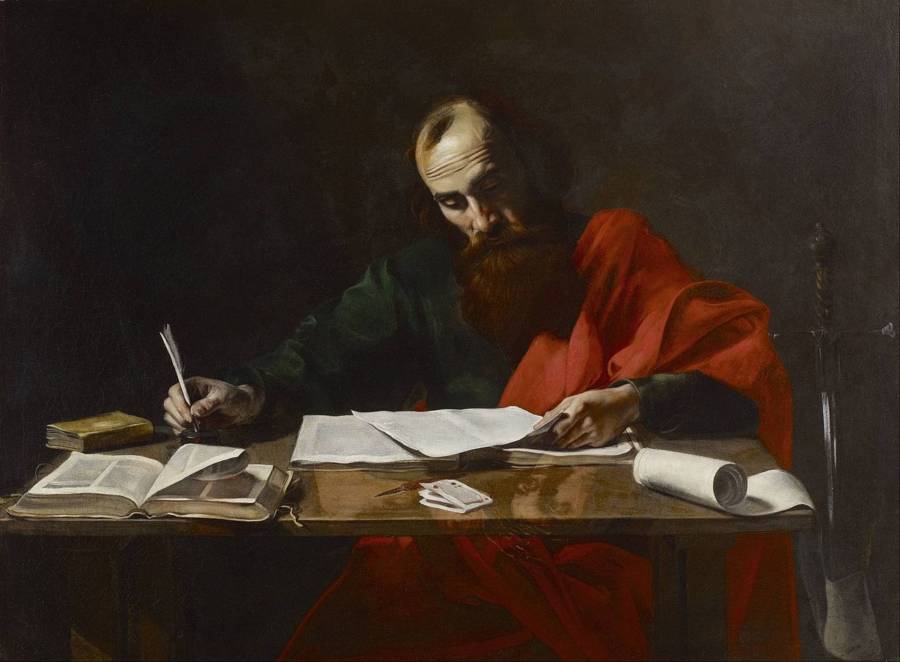Taking notes ...
Matt starts with Psalms, and here it becomes important that the source J & E are named for 'how they each refer to God'---J calling God by his personal name (יהוה or YHWH or YHVH or Yahweh or Yahveh or Jehovah ... please add any alternate spellings in the comments), E calling God by his title אֱלֹהִים (Elohim).
Matt then mentions that the Psalms are related to a long-lost book that Muslims theorize was written long ago. Before Muhammad wrote their Quran, they say that Isa (Jesus) wrote a book called Injil, after Dawud (David) wrote Zabur (the book they think we corrupted into "Psalms"), after Musa (Moses) wrote Tawrat (corrupted into "The Torah").
Proverbs has 6 sections, and Solomon only wrote the second (the only section that's full of "proverbs") & maybe the first & fifth.
After he mentions Job; he tells us about Song of Solomon (to be read during Pesach (Passover)), Ruth, (read during Shavuot (The Feast of Weeks)), Lamentations (read during Tisha B'Av (The Mourning of the Destruction of the Temple)), Ecclesiastes (read during Sukkot (The Feast of Tabernacles)) & Esther (read during Purim (The Feast of Lots)).
Matt tells us a lot about these five books, but I don't hear anything interesting until we get to Esther---the only book of The Bible that doesn't mention God, and -that wasn't found among The Dead Sea Scrolls. It was a Jewish comedy, associated with Purim (which is Jews' equivalent to Mardi Gras ... sorta---it's more about 'having a party' than about 'solemn rituals'; but I don't know if it's 'the day before they give up things').
 |
| My New Mantra (one of several) |

Comments
Post a Comment
I appreciate your comment, and I'll probably approve it & publish it soon (give me about a week before you try to post it again when it doesn't publish immediately ... thanks)